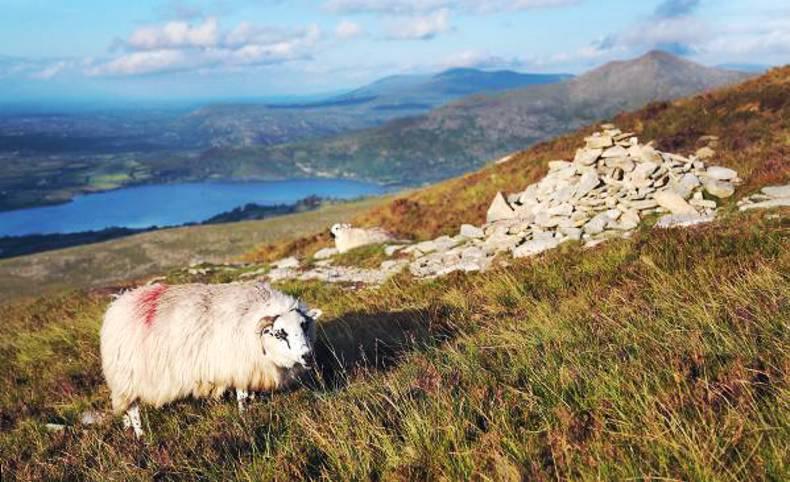Responding to a parliamentary question from Fianna Fáil Deputy Dara Calleary on providing greater flexibility in the green low-carbon agri-environment scheme (GLAS) for commonage farmers, Coveney said the GLAS approach to commonages already provides for considerable flexibility.
"The minimum and maximum stocking densities suggested by my Department for each commonage are open to change on the basis of the plan presented by the shareholders," he said. "Each shareholder must reach their own minimum stocking density based on the overall figures established in the plan," he continued, "but I have provided for flexibility thereafter to allow some shareholders to expand further and others to remain at the minimum level, if that is what they want, and if the overall maximum density for the commonage is respected."
The Minister added he is aware that the task of preparing plans will be challenging, and said in view of this his Department has held recent meetings with the adviser representatives and the farm bodies to surface remaining issues of concern.
"In reviewing this, account will be taken of all salient factors, mindful of the overriding environmental objective of keeping these lands in good condition and the need to ensure that the actions undertaken exceed the baseline for payment under the Basic Payment Scheme," he said.
After the closing of the first tranche of GLAS at the end of May, 3,934 commonage farmers in total had applied to the scheme. They farm on nearly 2,700 commonages, which represents more than half the commonages in the country.






 This is a subscriber-only article
This is a subscriber-only article











SHARING OPTIONS: